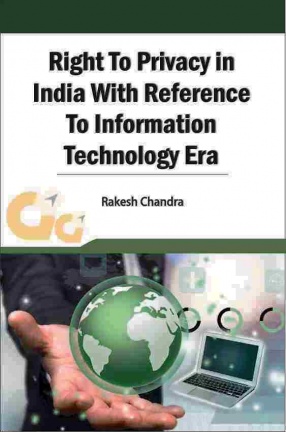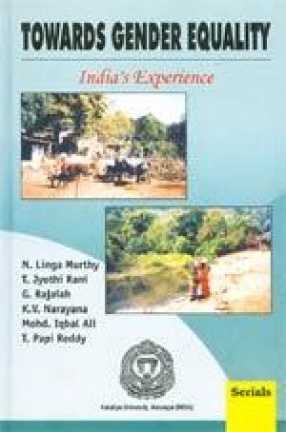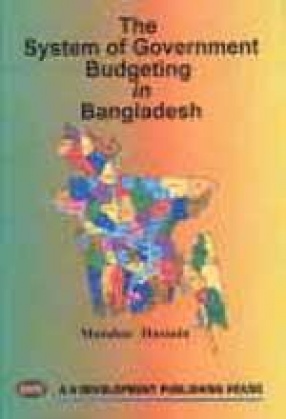The right to Privacy and the right to have access to information collected by Government-bodies and public authorities are the two essential human rights of a citizen. Right to privacy is even implicit under Article 21 of the Constitution of India which deals with right to personal liberty. Right to Information Act strikes a balance between transparency and individual right to privacy. Right to Information Act 2005 enunciates that the citizens shall have right to secure access to the information under the control of the Public Authorities to promote transparency of information which is vital in the functioning of the Public Authorities to contain corruption to hold government and their instrumentalities accountable to the governed and thereby develop participatory governance.
The book has very elaborately dealt with both the aspect of human rights and the balancing mechanism. The author has discussed the rights of privacy prevalent and recognised in India and in other countries in a lucid manner. Since the conflicting and complementary nature of both the rights insists upon creating a balancing mechanism by virtue of which neither of the two equal human rights take precedence the author has touched the aspect effectively. Besides this, keeping in view the extension of damage of Information Technology to the right of privacy and the insidious transmission of information to government bodies the author has emphasized for the need of national privacy policy to protect individual right in the automated information communication age. The discussion with regard to safeguards to prevent data thefts, hacking and other criminal activities is an important aspect of the book.
The author Rakesh Chandra deserves appreciation and congratulations in his endeavour in presenting this book as a treasure gift to the system which will be useful to the students, research scholars as well as to the law enforcement agencies.





There are no reviews yet.